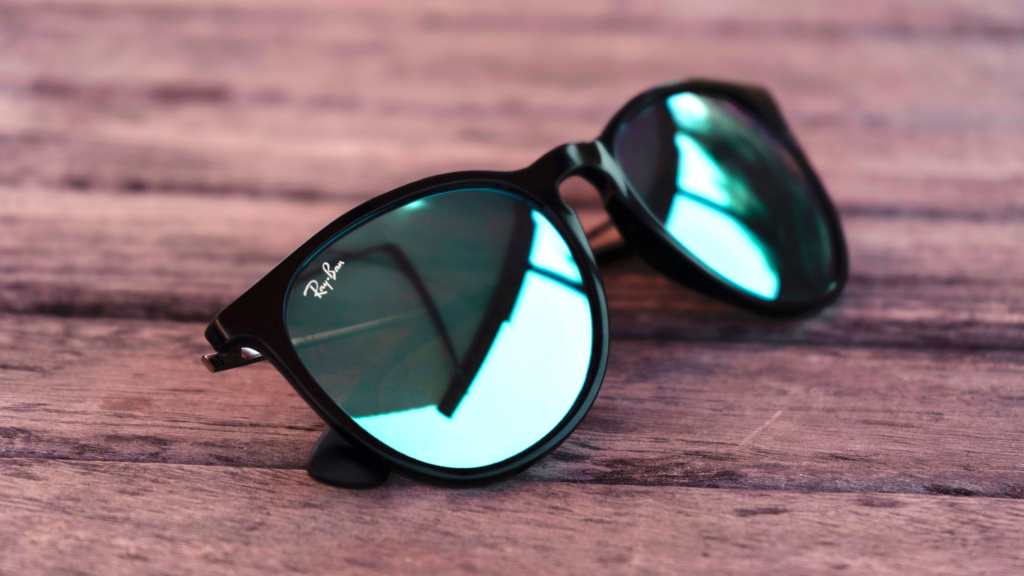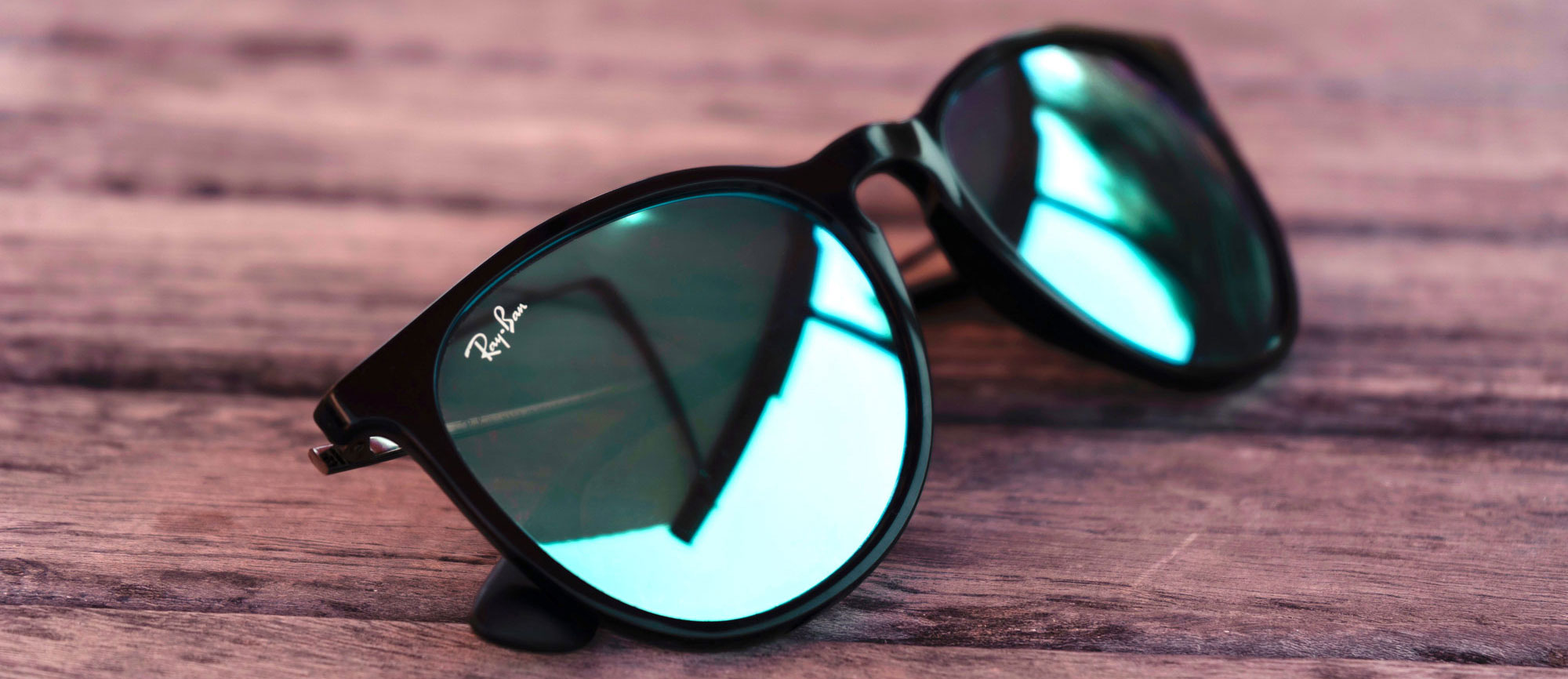Anyone who’s spent any time boating in Florida knows how intense our sun can be. And while it’s common practice to whip out the sunscreen before hitting the water, have you thought about the importance of protecting your eyes? If not, it may be time to invest in some specialty sunglasses, and we’ve assembled some important points to consider below.

Polarization Priority
For boaters, selecting a pair of sunglasses for a day on the water comes with different priorities than say, a day at the baseball game. Depending on your boating activities you may need a certain kind of lens tint or frame shape, and best to consider function over form when selecting your sunglasses. When you’re boating, especially in sunny places like Florida, polarized lenses are a must.
The primary function of polarized lenses is to cut back the amount of total light coming into your eyes and eliminate glare, which is of huge advantage to boaters. This reduces glare bouncing off of the water or other shiny horizontal surfaces but won’t sacrifice the detail of what you’re seeing. Polarized lenses can also help you identify changes in water color keeping you clear of shallow waters and running aground.
Look for glasses that are coated to block 99-100% of UVA and UVB rays.
Color & Frame
Lenses come in various colors, each serving a different purpose. Generally speaking, you should first look for lenses that fall between 15-30% on the visible light transmission scale and then select a lens color based on your needs. On the brightest boating day, you’ll want the lowest possible amount of light coming through the lens, which would typically mean a darker gray lens. A green lens is helpful in lower light conditions and adding contrast, whereas a brown/amber lens will increase contrast and is a good all-around option. Ask your local marina or specialty boating store to help you narrow down the selections.
Some boaters prefer a frame that curves around the side of the face to help prevent light from leaking in. A thicker and wider temple (the sides of the sunglasses) can also help with this, but if you prefer not to block your prereferral vision you may want to opt for a smaller temple. Nose pads and ear pieces can easily make sunglasses more or less comfortable, so if you find a pair you love but they’re too snug or too loose, see if the salesperson can adjust them for you or find another pair. Also note the quality of the hinges on the glasses—saltwater can erode the hinges and screws over time if they’re not properly taken care of.
Price & Brands
With sunglasses, more often than not you get what you pay for. A pair of specialty coated polarized glass lenses with nice frames is going to be pricier than a pair of basic glasses with plastic lenses. However, if you’re someone who tends to lose their glasses in water a little deeper than you care to dive, buy yourself a sunglass strap or stick to a less expensive pair.
Lookin’ Good
While any type of eye gear is better than no eye gear at all, investing in a pair of quality, protective sunglasses will not only enhance your boating or fishing experience, but also protect your eyes from the sun’s UV radiation. Check out our Boater’s Directory for local sunglass experts who can help you find your perfect pair.

